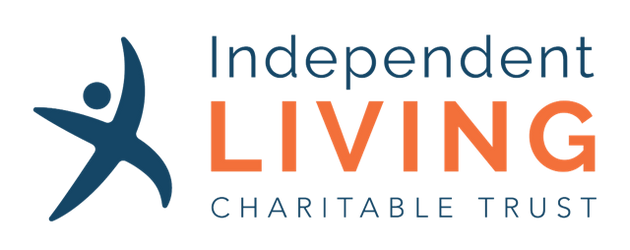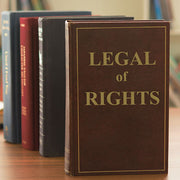In New Zealand, when you use a health or disability service you have rights. The Health and Disability Commissioner (HDC) says you have:
- The right to be treated with respect.
- The right to be treated fairly.
- The right to dignity and independence.
- The right to have good care and support that fits your needs.
- The right to be told things in a way that you understand.
- The right to be told everything you need to know about your care and support.
- The right to make choices about your care and support.
- The right to have support.
- The right to decide if you want to be part of training, teaching or research.
- The right to make a complaint.
Find out more about the Code of Health and Disability Services Consumers' Rights on the HDC website
Click here for more Information about your rights and what to do if you’ve been treated unfairly because of your disability including:
- Disability rights information from Community Law
- United Nations Convention on the Rights of Persons with Disabilities (UNCRPD
- What to do if your rights have been violated





